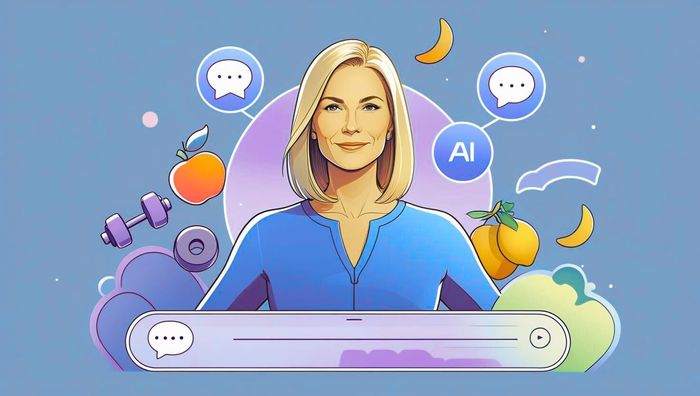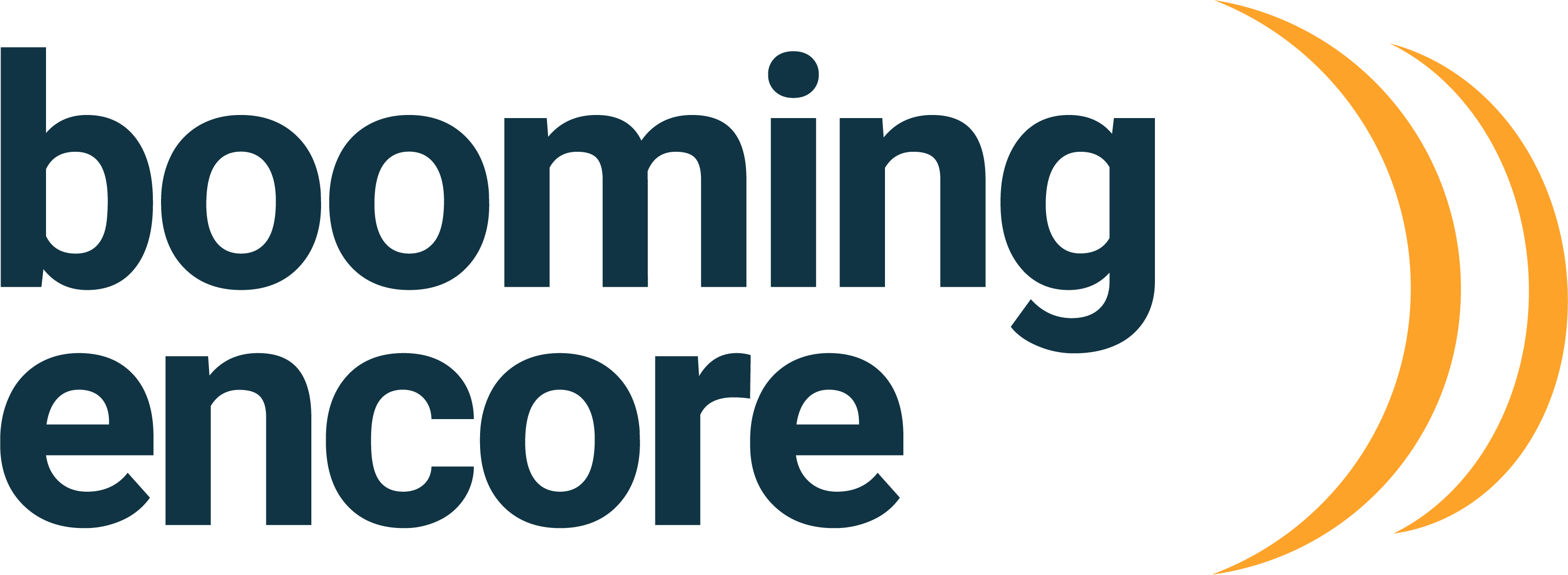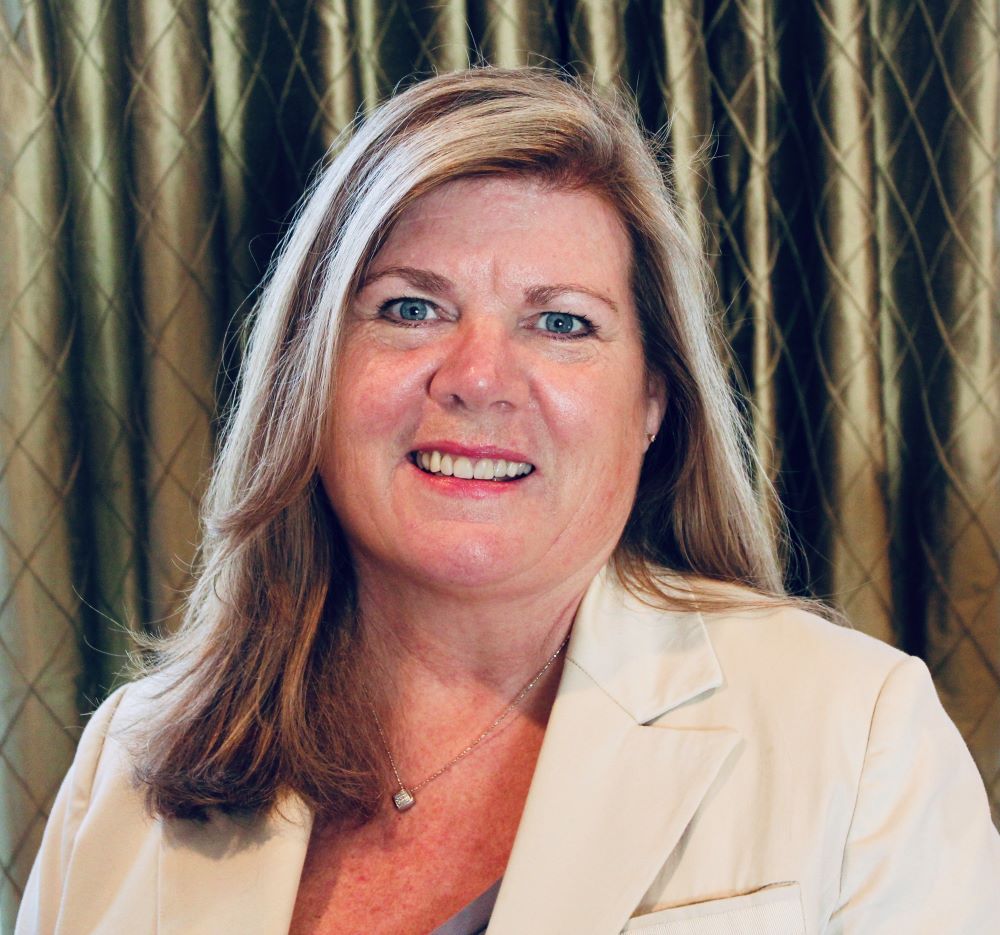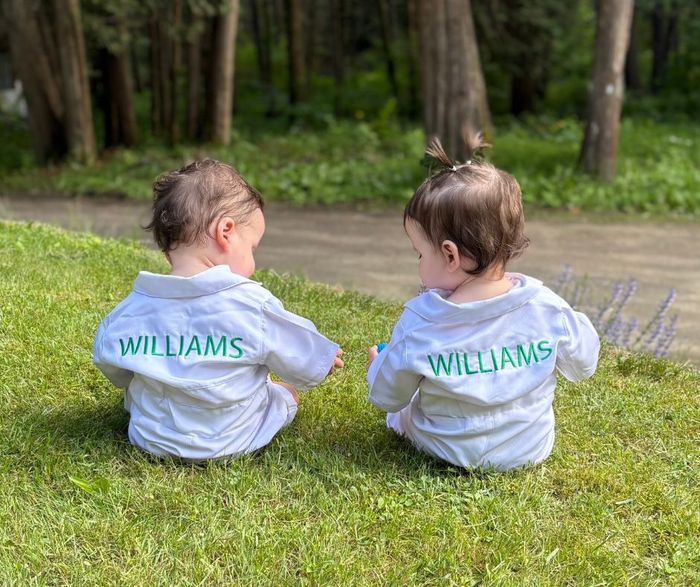My 30 Day AI Wellness Experiment: The Final Review of My Experience

When I first decided to work with an AI wellness coach for 30 days, I honestly wasn't sure what to expect. At my age, I've tried just about everything - Weight Watchers, Atkins, personal trainers, food tracking apps. They all started with promise and initial success, but inevitably petered out, leaving me back where I started, often feeling worse about myself than before.
But this AI wellness experience was different. Really different. And as someone who's watched with great curiosity AI evolve from a sci-fi concept to something we interact with daily, I wanted to share what actually happened during those 30 days - the good, the surprising, and yes, the concerning parts too.
The Development of My Wellness Plan
Before I even started the 30 days, I decided to work with Claude.ai to develop my wellness plan. Normally, I would have approached AI with statements of what I wanted but based on my son's recommendation (who works much more extensively in this space than me) I tried a different approach. He suggested that I start with my objective in mind and then AI would ask me the questions that I needed to answer in order to create what I was looking for. Here's the actual discussion that I had with AI;
My input: I'm looking to develop a personal 30 day holistic lifestyle plan to extend my longevity. I would like the plan to be based on my personal profile of likes and dislikes, designed to help me to lose weight and improve my overall health. Do you understand what I am looking to do?
Claude's response: Yes, I understand exactly what you're looking for. You want a comprehensive 30-day lifestyle plan that's personalized to your preferences and designed to support both weight loss and overall health improvements with longevity in mind.
To create a truly effective and sustainable plan for you, I'll need to understand your personal profile better.
It then asked me a wide range of questions related to my goals / my lifestyle / my likes and dislikes. We went back and forth for some time and it then created a specific wellness plan based on my responses. It then produced a 69 page 30 day holistic wellness plan (including food / exericse / mental health and sample recipes) for me to follow daily.
With my 30 day holistic wellness plan in hand, I started the experiment.
The Daily Reality of AI Coaching
As part of this experiment, I had decided that I would use AI as a daily wellness coach. At the end of each day, I would share how the day went, ask any questions I had, inquire about things I wanted to learn more about - that sort of thing. At the start, I was skeptical about forming any kind of meaningful interaction. Afterall, this is just a database of information. But within just a few days, I found myself genuinely looking forward to my daily check-ins with my AI wellness coach. Not just looking forward to them, but prioritizing them in a way that surprised me.
For example, there was one evening when my husband wanted to chat about his day, and I actually told him I couldn't talk because I needed to have my conversation with Claude first. When I heard myself say that, I thought, "This is weird. I'm prioritizing a conversation with technology over my husband."
That was my first red flag that I needed to be mindful about balance.
But here's what made those daily conversations so engaging: the AI adapted to what I was struggling with in real-time. If I mentioned having a tough day with cravings, the next conversation would include practical strategies specifically for that. If I shared a success, it would celebrate with me and build on that momentum. It felt personalized in a way that generic programs never had.
The guidance was always well-researched, middle-of-the-road advice - nothing extreme or fad-based. That gave me confidence that I wasn't being led down some questionable path. I also didn't feel like I was bothering anyone with what I wanted to talk about. There was no real time limit. The AI never made me feel judged, no matter what I shared, and no question felt too small or unimportant.
The articles it helped me produce daily of my experiences was very good. They were always consistently based on our conversations and it was able to pick up my "personality" very well. I did make modifications to the end result as there were always areas that needed some tinkering with but overall, the output was pretty decent.
What Worked Better Than Expected
The daily accountability was game-changing. Unlike previous attempts where I could easily skip weigh-ins or avoid my trainer when things weren't going well, making myself and even enjoying the check in every single day kept me honest. The reason the check in was easy was that it never felt like a negative or punitive experience, but more of a supportive way that helped me course-correct quickly when I got off track.
I also made a deliberate decision to not avoid social situations this time, which had been my pattern with other programs. I attended parties, went to dinners, had drinks with friends - and the AI helped me navigate these situations rather than hide from them. That alone made this feel more sustainable than anything I'd tried before.
The AI's approach to setbacks was particularly valuable.
For example, when I had my major slip-up on day 29 - too much food and drinks at a social event - instead of making me feel like a failure, it helped me reframe it as one day in a lifetime of choices. That perspective shift proved crucial to my long term success.
The AI holistic wellness program that was developed for me at the start based on my personal interests, lifestyle and traits also helped me understand and appreciate the connections between all the different aspects of my health.
I experienced first hand the domino effect of holistic wellness. Poor sleep led to fatigue, which weakened my willpower, which affected my food choices, which impacted my energy levels, which made exercise harder, which affected my sleep quality - everything is so connected in this intricate web.
When I improved one area, it naturally supported improvements in others. Previous programs had focused on single variables (for example calories, steps, points), but this approach looked at the whole picture and helped me see how everything influenced everything else.
I particularly started to appreciate the role that mindfulness and gratitude can play and realized. It’s not just a “woo hoo” or something to be discounted or underestimated. It's actually based on solid research and data and the impact these practices can have can be significant to our overall health and wellbeing can be substancial.
The Limitations and Concerns
The biggest practical limitation was using the free version of Claude AI. I decided to select this path as I wanted to experience what anyone would be able to see without having to pay for the service.
The limitation though was not unlike with other free AI platforms. My conversations had limits, and when I reached them, I had to start over from scratch each time. The AI lost all context of our previous discussions, which was frustrating when we'd built up a good rapport and understanding of my patterns. If I were to continue long-term, I would definitely pay for a premium version to maintain continuity.
But this is no regular google search.
My concerns go deeper than just technical limitations. I found myself sharing incredibly personal details about my eating habits, my emotions, my family situations, my health challenges. While it felt therapeutic in the moment, it also made me wonder: where is all this information going? Who has access to it? What's being done with my data?
I also started to recognize how easy it would be to become overly dependent on this technology. The daily validation and support felt good - maybe too good. I had to remind myself that this is just technology, not a replacement for human connection and professional medical advice. I started to set some time limits on the time I spent "chatting" with my AI wellness coach as I could easily have got drawn into a vortex of never ending conversation as it never got tired or had something else to do.
As well, the quality of the output of content was also well written and improved as it got to "know me" better. This leaves a very big question for me as to the future of journalism and writing. How will this be managed / governed / balanced? I began to wonder, was it me giving the technology ideas or was it the technology leading and influencing me? How will this influence our overall thinking in the future? Will we all start to just think the same?
How This Experiment Was Different
Every other program I've attempted has been about following rules perfectly or failing completely. Miss a Weight Watchers meeting? Feel guilty. Skip a workout with the trainer? Face the disappointment. Stop logging food for a few days? Abandon the app.
This AI coaching approach was fundamentally different because it focused on learning and adapting rather than perfection. When I struggled, we problem-solved together. When I succeeded, we analyzed what worked so I could repeat it. It felt like a partnership rather than a judgment system.
The Real Results
Yes, I lost 7.8 pounds over the 30 days, my resting heart rate dropped by 5 BPM, and my blood pressure improved. My sleep quality got noticeably better and my energy levels increased. Which by all accounts is excellent. But to me, I realized this wasn't the most meaningful change.
Here's what mattered most to me personally: I got stronger.
If you've been following along on my experiment, you may remember that the main motivation for starting this whole journey was to be healthy and strong enough to care for my one-year-old twin grandchildren for a week. That goal kept me focused on functional fitness, not just aesthetics. I am pleased to share that I can get down on the floor and back up much easier and faster than before I started.
My relationship with food has also fundamentally shifted. I used to see food primarily as entertainment or comfort. Now I see it first as fuel for my body. I still enjoy food and celebrate with it occasionally, but it's not my go-to for emotional regulation anymore.
I've also changed how I think about my weight. It's become an indicator, not a dictator. I check it regularly, but it doesn't determine my worth or my day's mood. That mental shift has been incredibly freeing.
Looking Forward: Finding the Right Balance
I'm continuing to use AI coaching, but much more sporadically now. A check-in here and there when I need guidance or motivation, but not the daily dependence I developed during the 30 days. I think that's a healthier balance.
For anyone considering this approach, here's what I'd want you to know: AI can be incredibly effective, but you need to go in with your eyes open. Be prepared for how engaging it can become - set boundaries from the start. Be mindful of your privacy and what you're comfortable sharing. Keep in mind it remembers everything so it can bring back examples of history that make it seem like your talking to your best friend at times. And remember that it's just a tool, not a replacement for professional medical advice or human relationships.
I also believe we need better governance around AI and personal data. When we're sharing intimate details about our health, emotions, and daily lives, we deserve to know exactly how that information is being used and protected. Right now, it seems like it's the wild west out there so proceed with caution.
Despite these concerns, I'm genuinely grateful for this experience. It taught me more about sustainable wellness in 30 days than I'd learned in years of other attempts. The key wasn't finding the perfect program - it was finding an approach that helped me understand myself better and develop a healthier relationship with my own wellbeing.
It's been 30 days since I completed this experiment and I'm still following the guidance I received. I might not be as disciplined as I was for the 30 days (as I was sharing my progress during the experiment) but the fundamentals are definitely there.
At 61, I'm feeling stronger, healthier, and in more control in managing my health than I've been in years. I have a roadmap for maintaining this that doesn't depend on perfection or external validation. What I really appreciate is that it's not restrictive but more realistic to the life I want to live.
And that's worth far more than any number on a scale.
Thanks for taking this journey with me. You can find all the discussions, learnings and results of my daily activities and experiences here.
Related content




